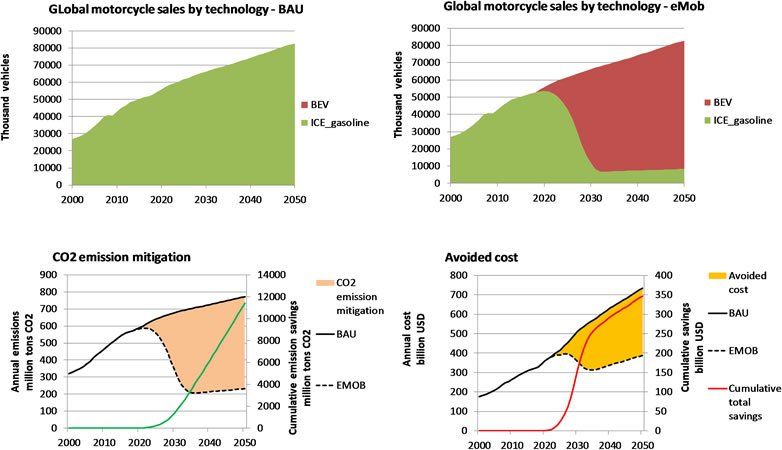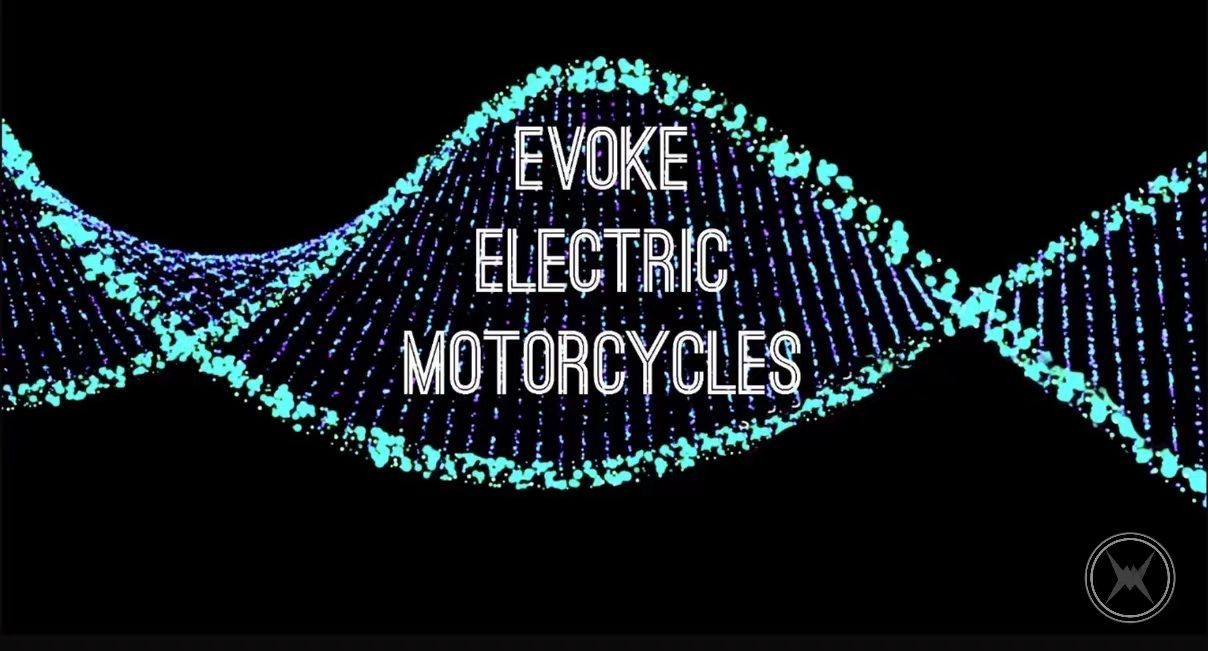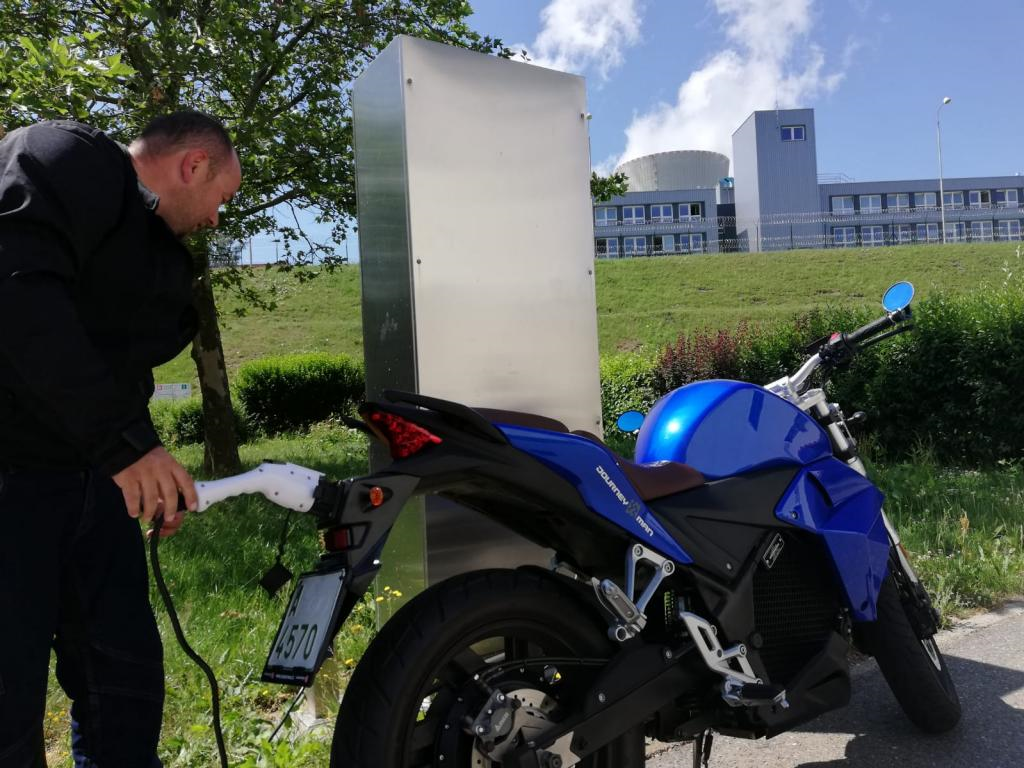Carbon Footprint of Electric Motorcycles: Do They Pollute?
How much carbon footprint do electric motorcycles produce? Are they really better than fuel-powered ones?

For the uninitiated, it can be easy to think that electric vehicles (EVs) don’t really contribute much to reducing carbon emissions. Some would argue that the electricity needed to charge these electric motorcycles would still equate to burning coal and fossils.
Using Electric Vehicles for the Environment
The truth of the matter is that an average EV user would be responsible for lesser global warming emissions compared to an average gasoline-powered car user. One important factor to understand is that EV emission equivalence will vary from one place to another.
For instance, New York has been sourcing most of its electricity from the hydro-electric dams in Quebec since the construction of the 200-MW Les Cèdres–Dennison intertie in 1914. If you compare to someone from Tokyo, which is regarded as one of the megacities with the most greenhouse gas emission , they would produce more when using electric vehicles.
Another example would be California. The state has one of the highest numbers of electric vehicle users, selling as much as 150,000 units in 2018 alone so it’s understandable that it has the most number of EV charging stations in the US. With most of its energy coming from renewable sources, these EV users are actually helping to save the Earth.

Lesser Carbon Footprint with Electric Motorcycles
What about electric motorcycle riders? While EV cars are better than fuel-powered ones in lessening the greenhouse gas emissions, using electric motorcycles is far much better. To better understand the difference in energy use of EV cars versus motorcycles is to factor in the Miles Per Gallon equivalent (MPGe) rating.
In the data provided by the US Department of Energy, a Tesla Model 3 Range Plus has an impressive MPGe of 148 for city driving and 142 for highway driving, achieving a combined value of 141 MPGe. But this value is nothing compared to the Urban Classic, which boasts of approximately 400 MPGe.
Notably, electric vehicles would have higher city mileage because they can regenerate electricity when they stop at intersections or traffic stops. On the highway, these vehicles would hardly recover lost energy from the drag. Still, the carbon footprint is much lesser, accounting for only 7% of the average emission of a combustion engine. For electric motorcycles in cities with renewable sources of energy, it’s not far-fetched to say that an electric motorcycle almost produces zero carbon footprint.
Looking Ahead

Recognition from these bodies strengthens the ideals behind the manufacturing and production of electric motorcycles. It’s particularly encouraging to know the UN Environment expresses its support for countries with national programs centered on introducing electric motorcycles.
With a lesser carbon footprint from electric motorcycles, there’s more reason for us to think that
electric motorcycle riders are indeed nicer
. Let’s contribute to help curb climate change. Riding an electric motorcycle will help you enjoy nature without causing it any harm. Let’s ride out to a better future!









